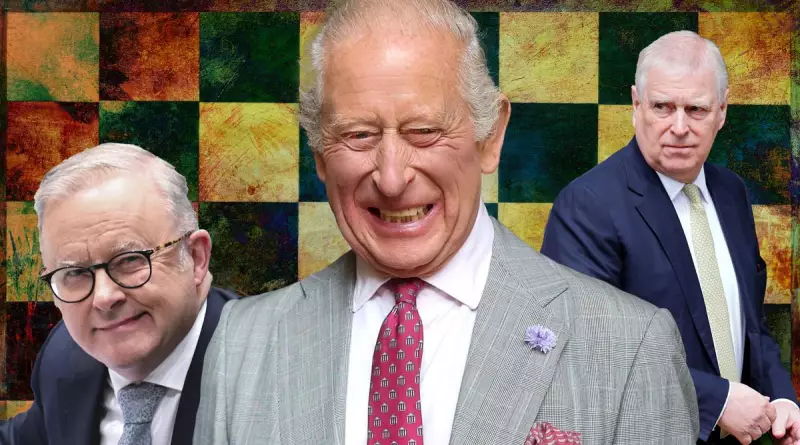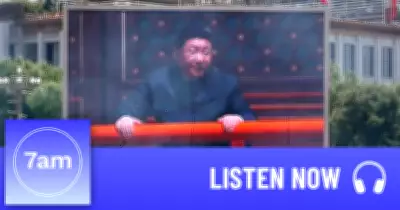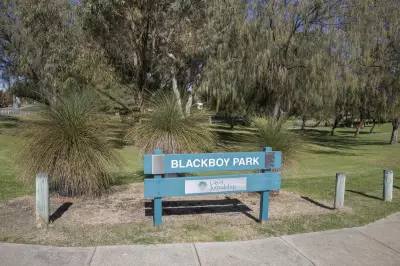
King Charles III has made his most decisive move yet as monarch, permanently exiling his brother Prince Andrew from Royal Lodge in a ruthless bid to protect the monarchy from further scandal.
The dramatic eviction marks a significant break from the past and demonstrates Charles's determination to modernise the royal family and shield it from the ongoing fallout of Andrew's association with convicted sex offender Jeffrey Epstein.
A Palace in Transition
Sources close to the palace reveal that Charles has made it clear there will be no return to Royal Lodge for the disgraced duke. The King's firm stance comes as he streamlines royal residences and reduces the number of working royals supported by the public purse.
The Windsor estate shakeup sees Andrew effectively demoted to Frogmore Cottage, the former home of Prince Harry and Meghan Markle, while Royal Lodge is expected to be reassigned to more senior working royals.
Healing Royal Wounds
Insiders describe the King's intervention as necessary but painful, acknowledging the personal toll on the royal family while recognising the greater need to protect the institution.
"This isn't just about punishing Andrew," a palace source revealed. "It's about drawing a line under the scandal and showing the public that the monarchy under Charles will be accountable and transparent."
The Financial Reality
The move also addresses practical concerns. Maintaining the 30-room Royal Lodge costs approximately £400,000 annually, an expense difficult to justify for a non-working royal. Charles's decision reflects his commitment to fiscal responsibility within the institution.
As one royal commentator noted: "The King is sending a clear message - privilege comes with responsibility, and those who damage the monarchy's reputation cannot expect to maintain the same lifestyle."
This decisive action early in his reign establishes Charles as a monarch willing to make tough decisions for the long-term stability of the Crown, even when it involves family members.





